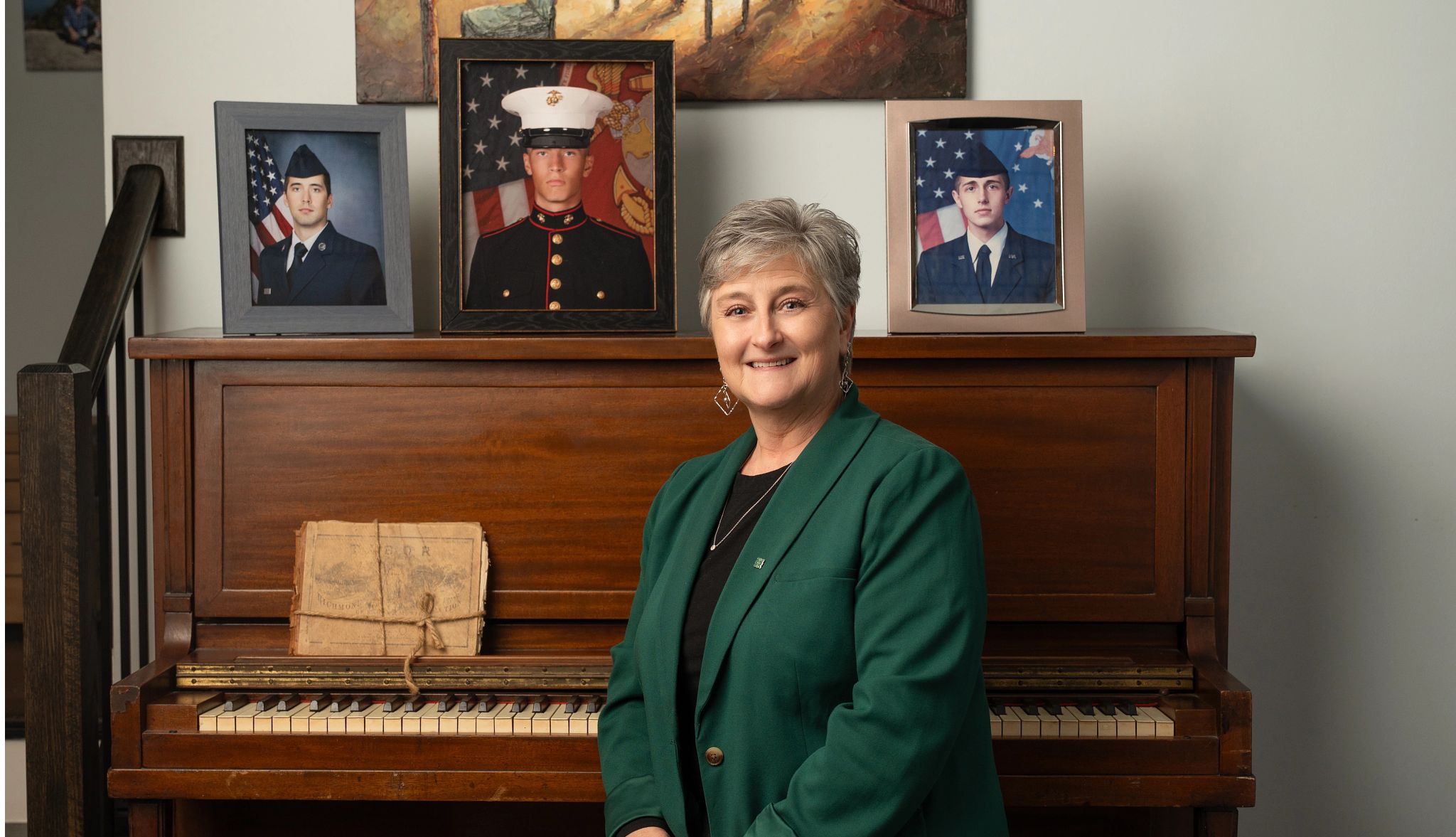
- Select a language for the TTS:
- UK English Female
- UK English Male
- US English Female
- US English Male
- Australian Female
- Australian Male
- Language selected: (auto detect) - EN
Play all audios:
When her son Corbett joined the Marine Corps right out of high school in 2013, Lara Ferguson was surprised to learn that he was required to sign up for a retirement savings account. It
wasn’t just the military’s focus on financial planning that got her attention. It was that, as a certified financial planner herself, she seldom saw civilian clients start preparing for
retirement so early. “Before they get their first paycheck, someone is telling [new enlistees] to put a portion of it into savings,” says Ferguson, who works for Citizens Wealth Management
in Charlotte, North Carolina, and whose three sons have all served. New research suggests there is a lot to learn from how they and their peers plan for retirement. People who have served
in the military have more assets, are less worried about debt and are more confident about retirement than their nonmilitary counterparts, according to a 2024 survey by the Employee Benefit
Research Institute (EBRI). They’re also more likely to know how much money they will need to pay for health care or cover an emergency expense in retirement, the poll shows. Another 2024
study, by financial services company First Command, found that more than three-quarters of career military families are confident they will be able to retire comfortably, compared to about
half of civilians who have financial advisers and fewer than one in five who don’t. “It’s astounding how many conversations I have with nonmilitary people who don’t know whether their
company even has a 401(k) match,” Ferguson says. But in the armed services, she notes, saving for retirement becomes the norm right off the bat. “They don’t have a choice. We should all get
in that habit.” Here are six things military members do to prepare for retirement that we can all incorporate into our plans. 1. START BUILDING A NEST EGG AS SOON AS YOU CAN Like Ferguson’s
sons, most service members join up young: 83 percent are 17 to 21 years old when they enlist, according to the nonprofit military research organization CNA. Unlike most civilians in that
age group, all are required to undergo financial counseling. “The military from day one is teaching you to have a long-term goal,” says Will Mullin, a former Army combat engineer and senior
vice president at the Wealth Enhancement Group, a financial advisory firm. Incoming service members are automatically enrolled in the Thrift Savings Plan, a 401(k)-style retirement account
for federal employees and military personnel, and they get a life insurance policy administered by the Department of Veterans Affairs. “From the day you start working, you start preparing
for retirement,” says Paris Jackson, a financial adviser at Northwestern Mutual who served for more than 20 years as a financial manager in the Army.

:max_bytes(150000):strip_icc():focal(749x0:751x2)/stephen-colbert-prince-harry-011023-1a-bbef2d4569b7440f860392080bd145cd.jpg)


